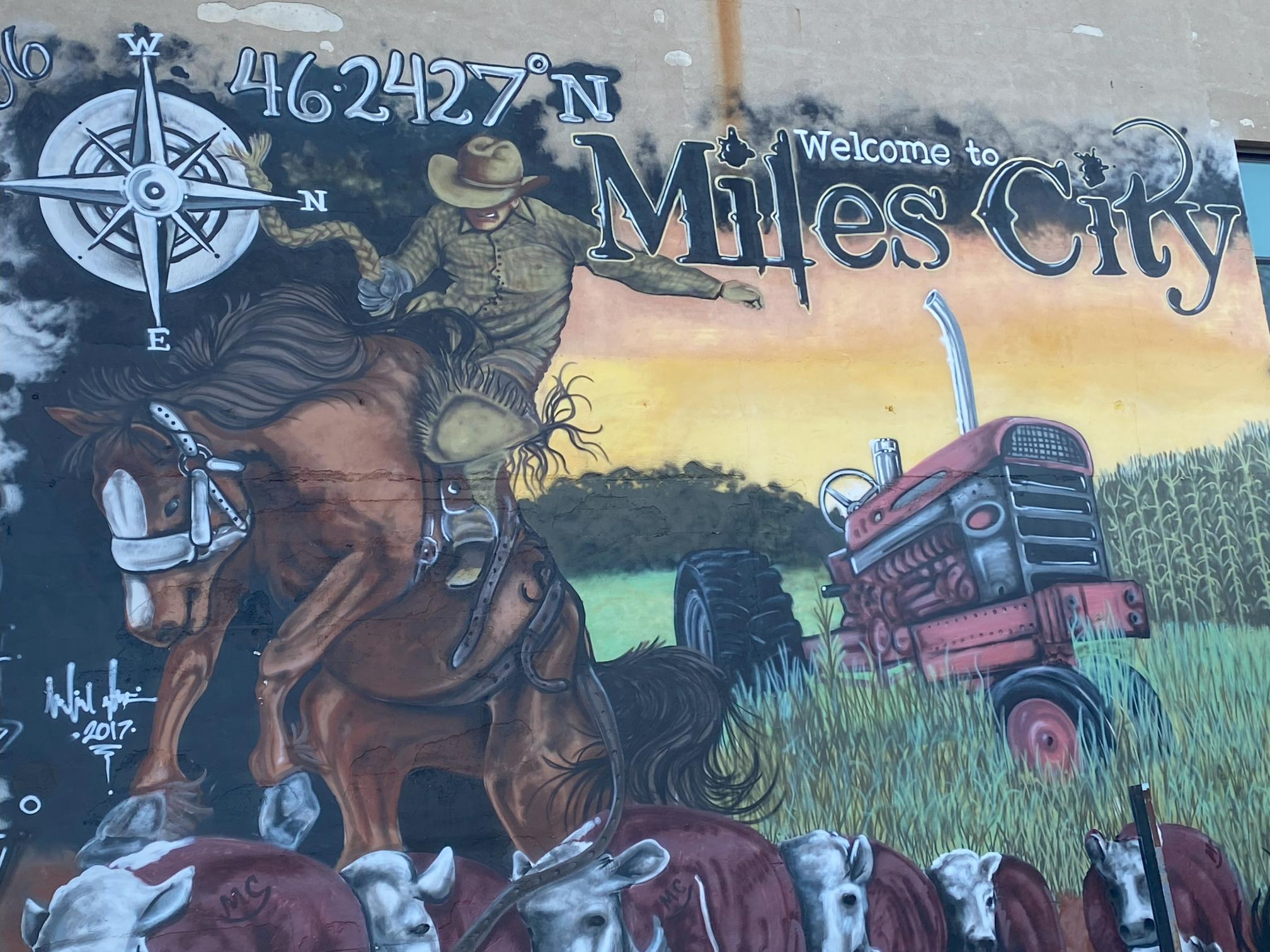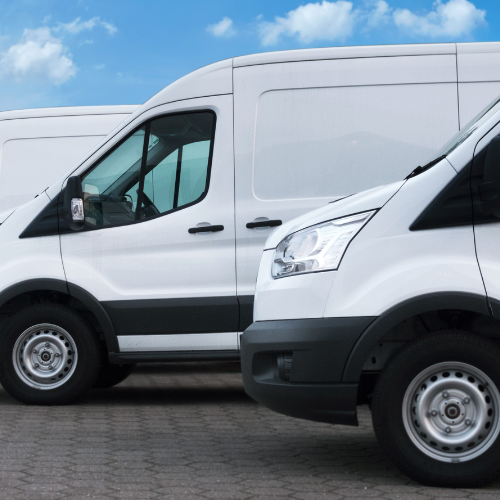
If Your Business Uses Vehicles Then You Need Commercial Auto Insurance

Commercial Auto Insurance is different from personal car policies
Vehicles are the backbone of many businesses, so ensuring they have the right risk protection is vital
Commercial auto insurance is designed to protect businesses from the financial risks associated with vehicle use in business operations
Businesses require more than personal auto insurance, which doesn’t offer the necessary protection for vehicles used in commercial activities
Commercial Auto Insurance Tailored to Your Business Needs
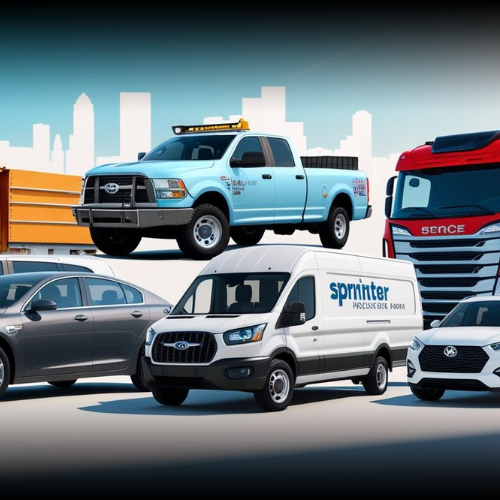
Businesses are unique and so are their commercial auto insurance needs
While businesses vary greatly in their operations and vehicle usage, commercial auto insurance needs can generally be categorized into two main groups
Business & Contractor
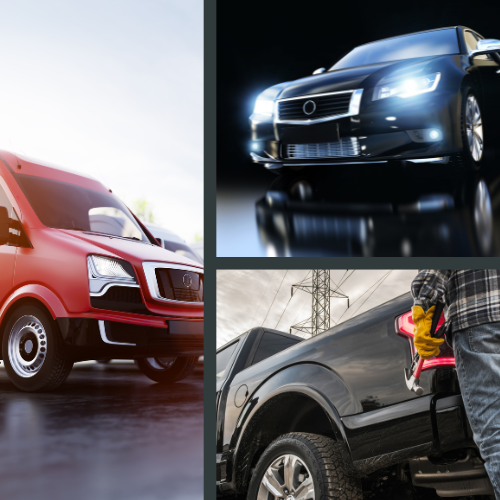
Ideal for small businesses using cars or vans for deliveries, sales calls, or other operations
Designed for contractors who rely on pickup trucks or utility vehicles
Heavy Truck & Trailers
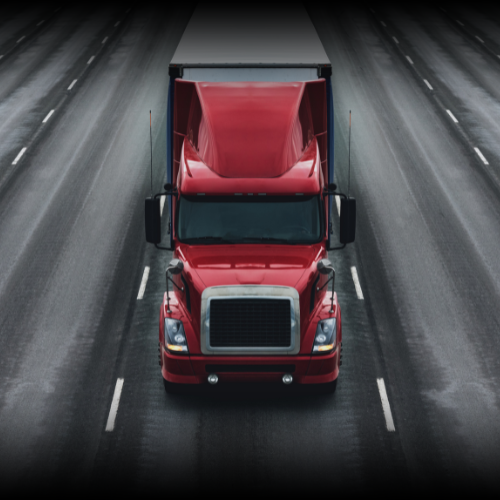
Perfect for businesses with large or heavy-duty trucks like semis or dump trucks
Coverage scales to meet the demands of your growing operations
What You Get with Commercial Auto Insurance: Features and Benefits

You’ll find everything you’re looking for and more
Broad Coverage
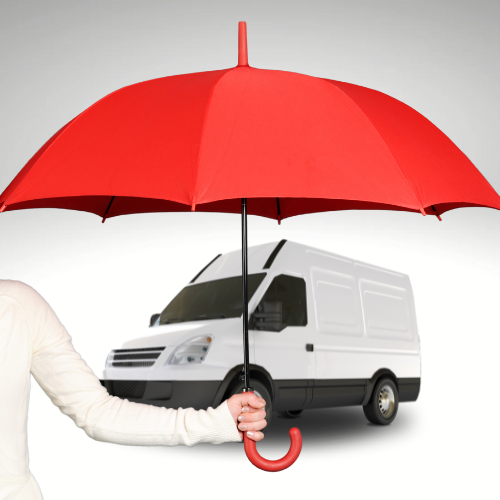
Provides liability coverage & physical damage coverage
Flexible Policies

Tailored policies to fit fleet size, use, and vehicle types
Friendly Rates
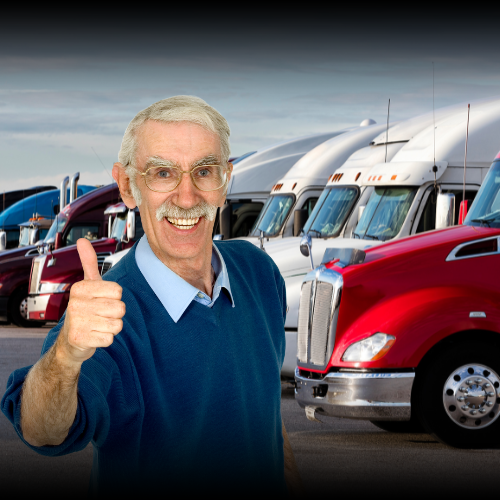
Find sensible pricing no matter the size of your operation
Commercial auto insurance in Montana offers a powerful combination of broad coverage, flexible policies, and friendly rates, ensuring businesses receive comprehensive protection tailored to their specific needs and budget
Here’s How it Works

Getting the coverage you need boils down to 4 simple steps
Step 1: Needs Assessment
Ready to build the perfect protection plan for your business vehicles? It all starts with a conversation!
During the Needs Assessment, you’ll partner with an agent to explore the ins and outs of your operations
- Think of it as a guided tour of your vehicle world:
- What types of vehicles do you use?
- Who’s behind the wheel?
- What are the vehicles used for?
- Do you ever rent or borrow vehicles for your business?
By sharing these details, you’re giving your agent the keys to crafting a truly customized commercial auto insurance policy that fits your business and shields you from the potholes down the road!
Step 2: Vehicle Information
This step involves providing details about each vehicle in your fleet, including the number of vehicles, make, model, VIN, and usage
- We will get specific:
- Who drives each vehicle?
- What is each vehicle used for?
- Do you ever rent or borrow vehicles?
- What level of coverage are you looking for?
This information allows us to tailor a policy that provides the right protection for each vehicle, based on your operation’s specific needs and potential risks
Step 3: Driver Details
We gather information about your drivers because this information helps us ensure your policy covers all your drivers appropriately and allows us to identify any potential risks or opportunities for savings
- Generally, we need to know:
- Their names,
- All valid license details,
- Any special endorsements they hold
- We’ll also need to review their driving history
We do this because safe drivers can lead to better rates and fewer headaches down the road
Step 4: Receive The Quote
Using the information you’ve provided, we’ll generate a personalized quote that reflects your business’s specific needs
While most quotes are delivered quickly, some applications require special review which can take longer
This quote will outline your coverage options and costs, bringing you one step closer to securing the right commercial auto insurance
Frequently Asked Questions (FAQ’s)
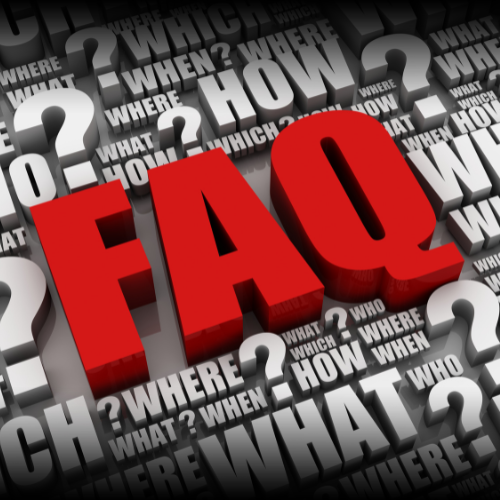
When you have questions we have answers
How long does the whole process take?
The time to get your policy varies. The needs assessment, vehicle, and driver information steps can be completed relatively quickly
You’ll typically receive a quote shortly thereafter. However, more complex applications requiring special review may take additional time
We’ll keep you informed of the progress
What if I don’t know all the details about my vehicles or drivers right away?
Don’t worry! We understand that gathering all the information takes time
Provide what you can initially, and we can work with you to fill in any gaps
The more complete the information, the more accurate your quote will be
Why is the Needs Assessment so important?
The Needs Assessment is the foundation of your customized insurance policy
It allows us to understand your business operations, identify potential risks, and tailor your coverage to provide the protection you need
What if I only have one vehicle for my business? Does this process still apply?
Yes, absolutely! Whether you have one vehicle or a fleet, this process ensures that your commercial auto insurance policy adequately covers your specific needs
The same steps apply, just on a smaller scale
What if my quote is higher than I expected?
Your quote is based on a variety of factors, including vehicle types, driver history, coverage levels, and more
If the quote is higher than anticipated, we can discuss potential adjustments to your coverage or explore ways to potentially lower your premium
We’ll work with you to find a solution that fits your budget
Hear From Our Clients

Coming Soon!
Resources
Commercial Auto Insurance
Ready to Get Started

Get in Touch!

